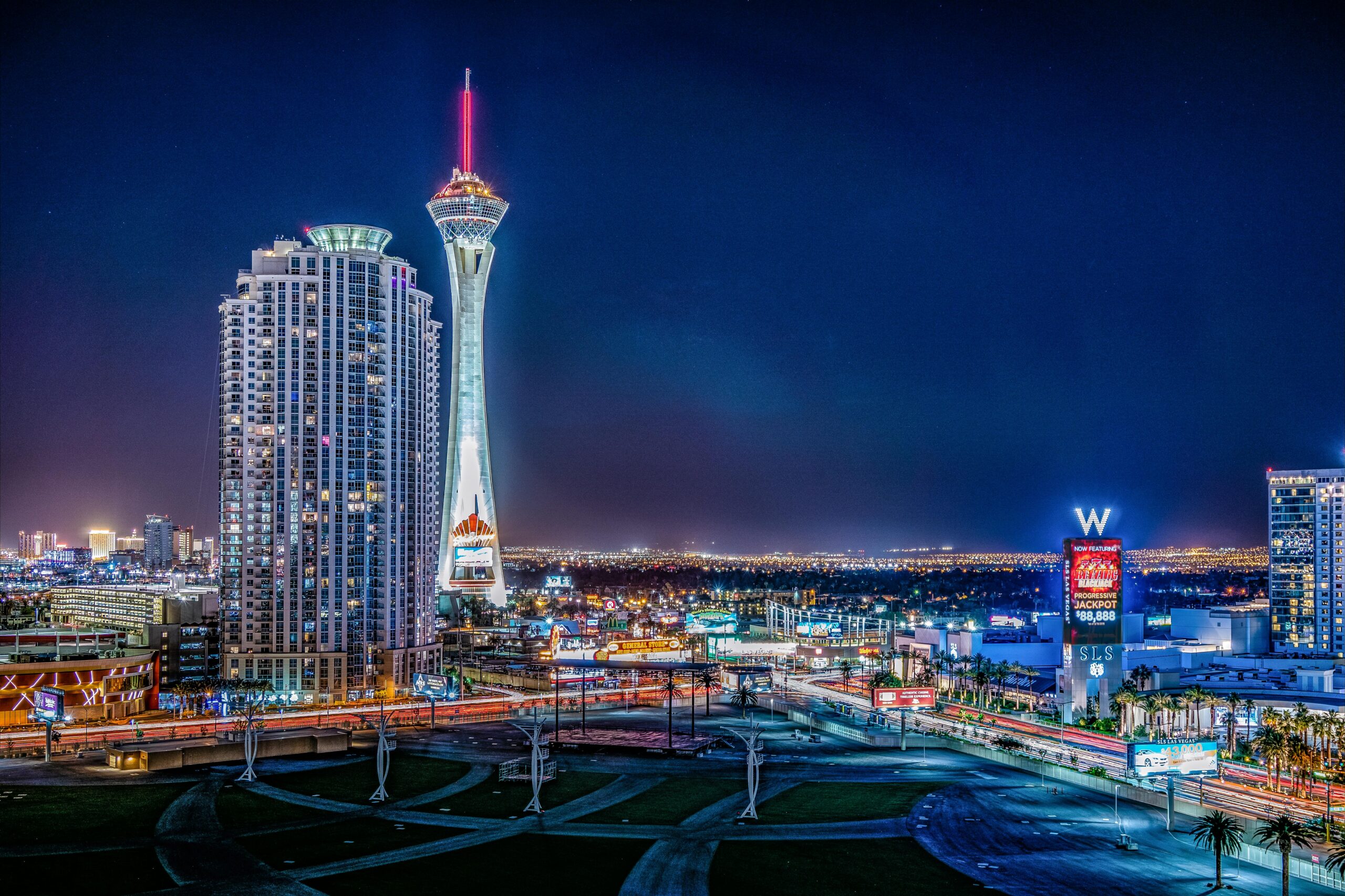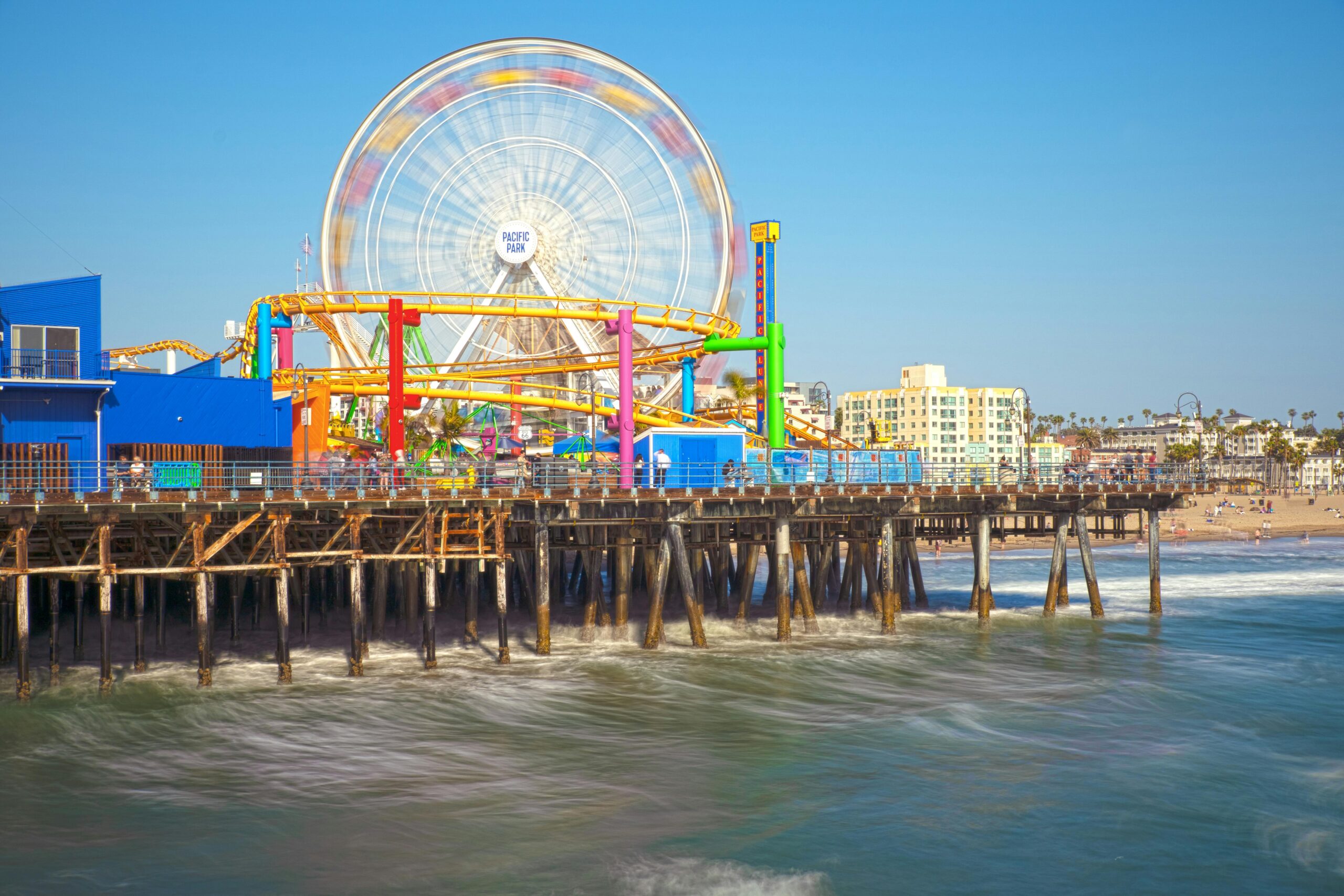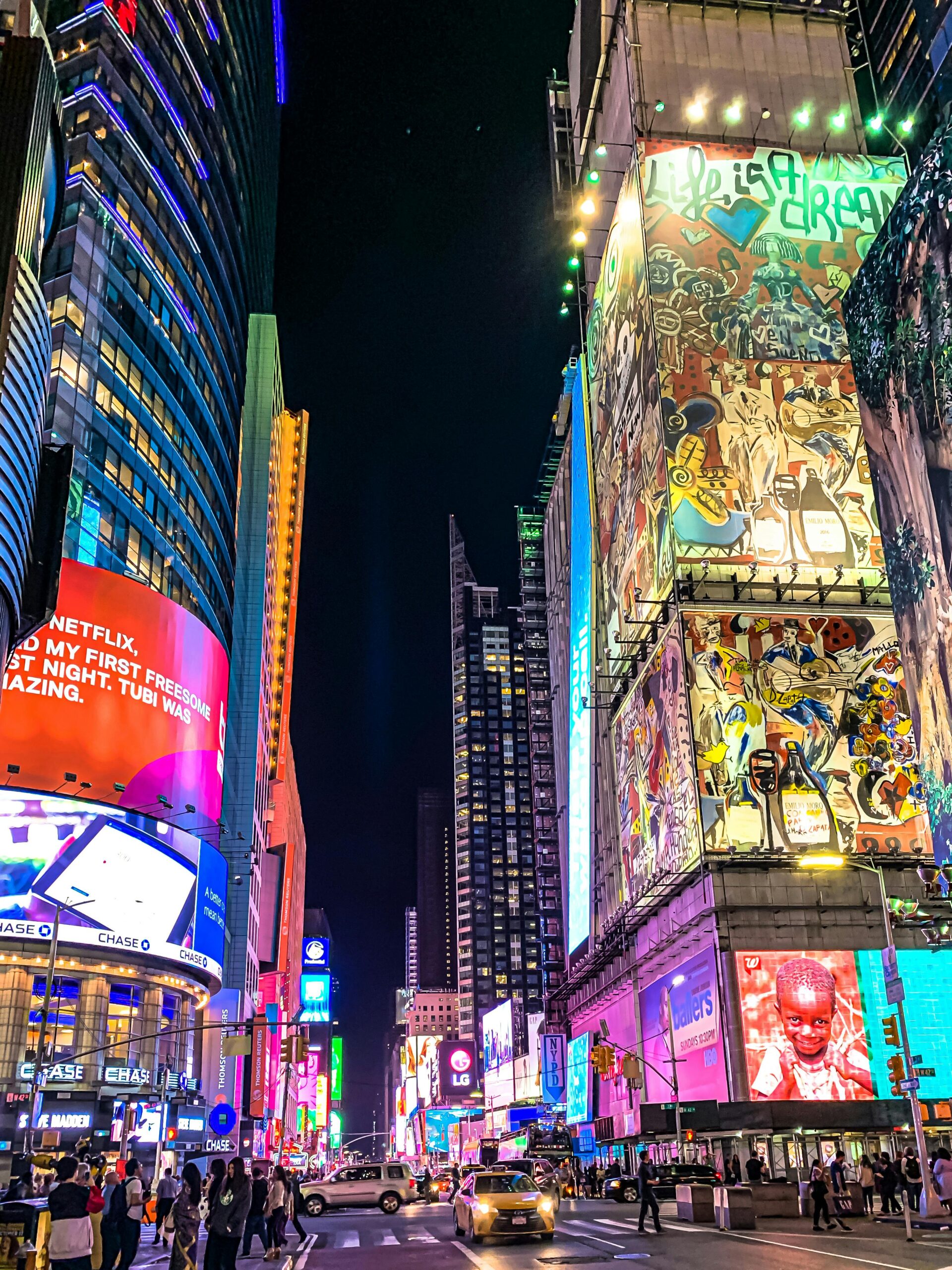Entertainment is an integral part of American life, influencing social norms, shaping public perceptions, and reflecting the nation’s diverse landscape. From film and television to music and sports, the entertainment industry not only entertains but also plays a pivotal role in shaping American culture, values, and identity.
1. The Evolution of Film and Television
The film industry, dating back to the early 20th century, has long been a mirror reflecting American society. Hollywood has produced a plethora of films that address societal issues, such as race, gender, and class. Classic films like Gone with the Wind and more contemporary works like 12 Years a Slave have sparked conversations about historical injustices, while shows like The Cosby Show and Modern Family have redefined family dynamics and representation on screen.
Television has become an even more powerful medium, providing immediate access to cultural narratives. Shows like Friends and The Fresh Prince of Bel-Air have influenced fashion, language, and lifestyle choices, while reality television has shaped public perceptions of celebrity and success. The rise of streaming platforms has democratized content consumption, allowing for a greater diversity of voices and stories.
2. Music as a Cultural Force
Music has always been a vital expression of identity and emotion in the United States. From the jazz and blues of the early 20th century to the rise of hip-hop and pop in recent decades, music genres have emerged as powerful tools for social commentary. Artists like Bob Dylan, Marvin Gaye, and more recently, Kendrick Lamar and Taylor Swift have used their platforms to address political issues, social justice, and personal struggles.
Music festivals and concerts not only bring people together but also create a sense of community and belonging. Events like Coachella and Lollapalooza have become cultural phenomena, influencing fashion trends and lifestyle choices while showcasing diverse musical talent.
3. Sports as a Unifying Element
Sports in the United States go beyond mere competition; they serve as a unifying force that transcends racial, economic, and regional divides. Major leagues such as the NFL, NBA, and MLB have become household names, drawing millions of viewers and fostering community pride.
Athletes like Muhammad Ali, Jackie Robinson, and more recently, Colin Kaepernick, have used their platforms to advocate for social change, raising awareness about issues such as racism and inequality. The intersection of sports and activism has not only shaped public discourse but has also inspired a generation to engage in civic responsibilities.
4. The Role of Social Media and Technology
In recent years, social media platforms have revolutionized how entertainment is consumed and shared. The immediacy of platforms like Twitter, Instagram, and TikTok allows for real-time engagement with content and artists, fostering a sense of community among fans. Viral trends and challenges often shape pop culture, influencing fashion, language, and even political movements.
Moreover, the rise of influencers has blurred the lines between celebrity and everyday life, allowing individuals to shape their narratives and connect with audiences on a personal level. This democratization of content creation empowers diverse voices, encouraging a more inclusive representation of American culture.
5. Challenges and Controversies
While entertainment has the power to unify and inspire, it also faces challenges. Issues such as censorship, representation, and the impact of negative stereotypes continue to spark debate. The portrayal of marginalized communities in media often reflects broader societal biases, necessitating ongoing discussions about equity and representation.
Additionally, the commercialization of entertainment can lead to a dilution of authentic voices and stories, prioritizing profit over meaningful narratives. The challenge lies in finding a balance between entertainment as a business and as a medium for cultural expression.
Conclusion
Entertainment is a powerful force that shapes and reflects American culture. It provides a platform for dialogue, fosters connections, and inspires change. As society evolves, so too will the forms of entertainment that define it, ensuring that this dynamic relationship continues to influence the American identity for generations to come. Whether through the lens of film, music, sports, or social media, the impact of entertainment on shaping the USA is profound and undeniable.















Leave a Reply